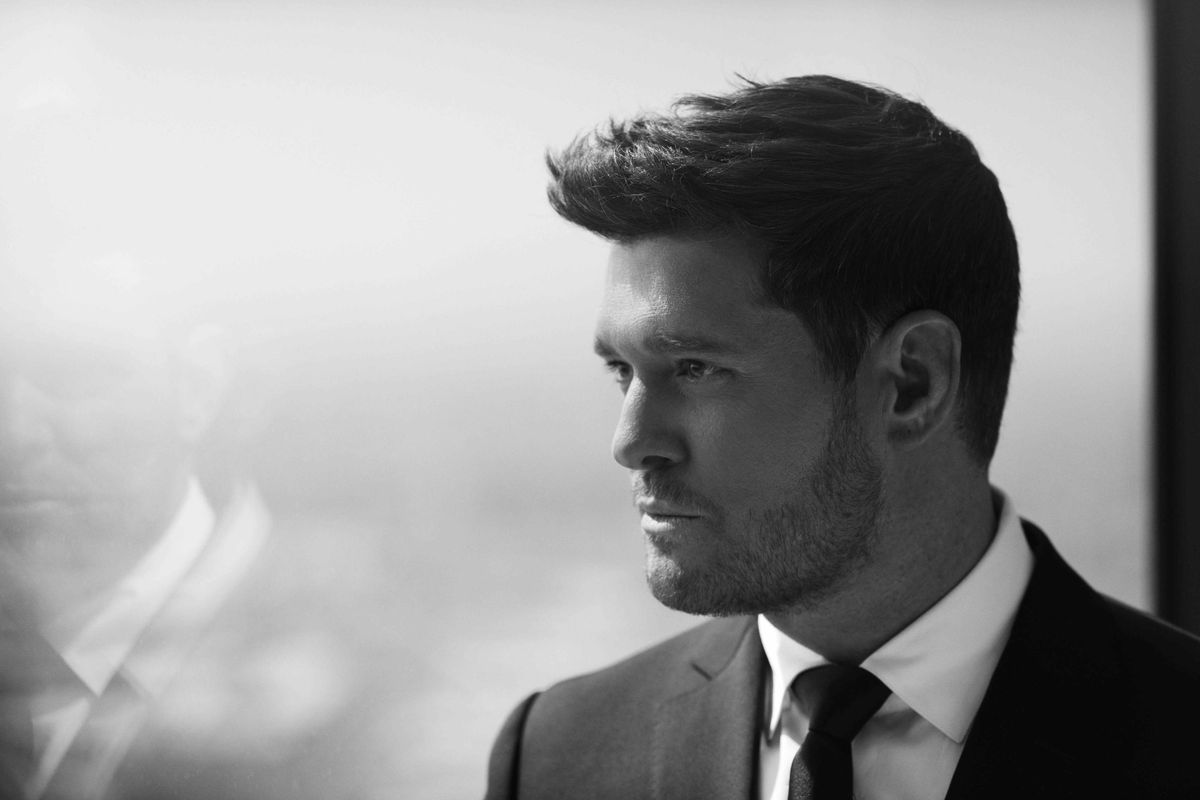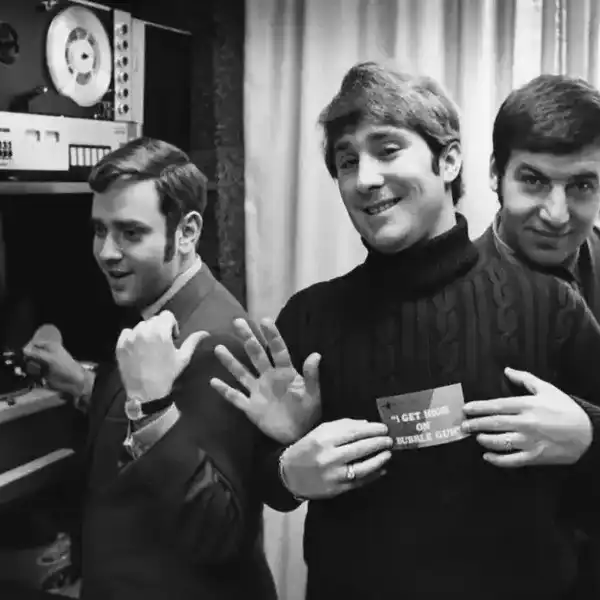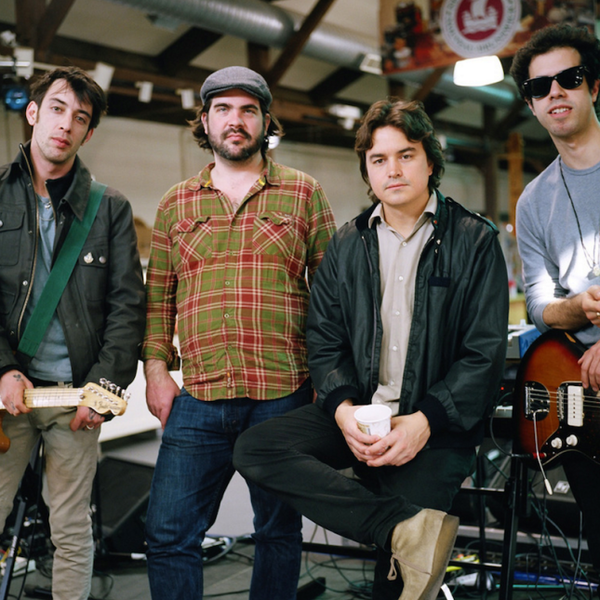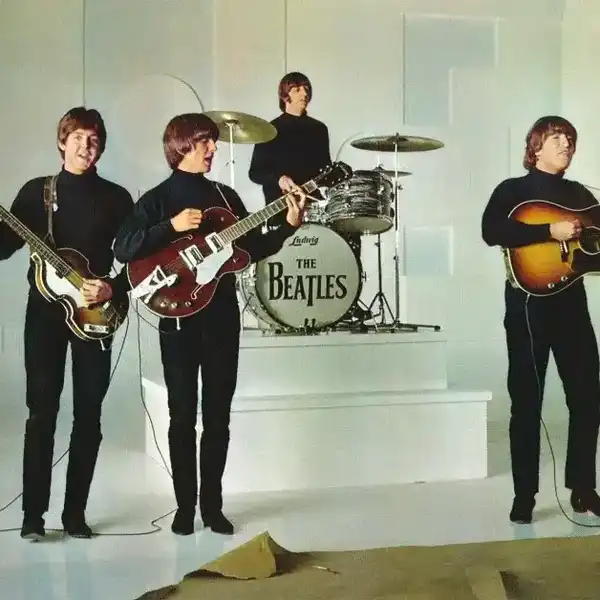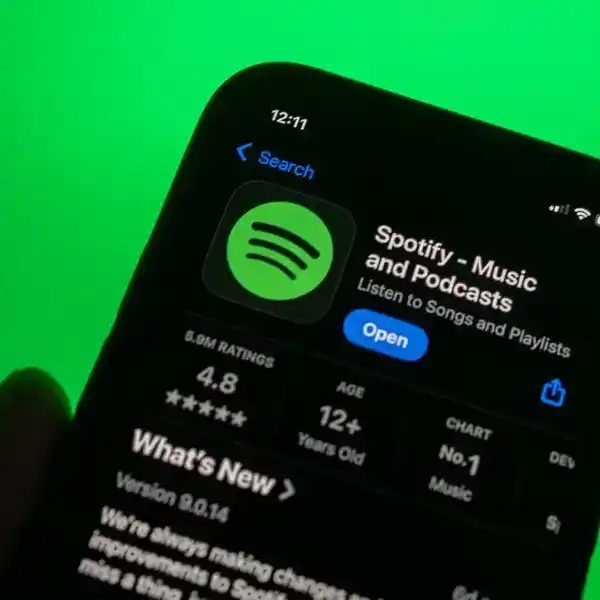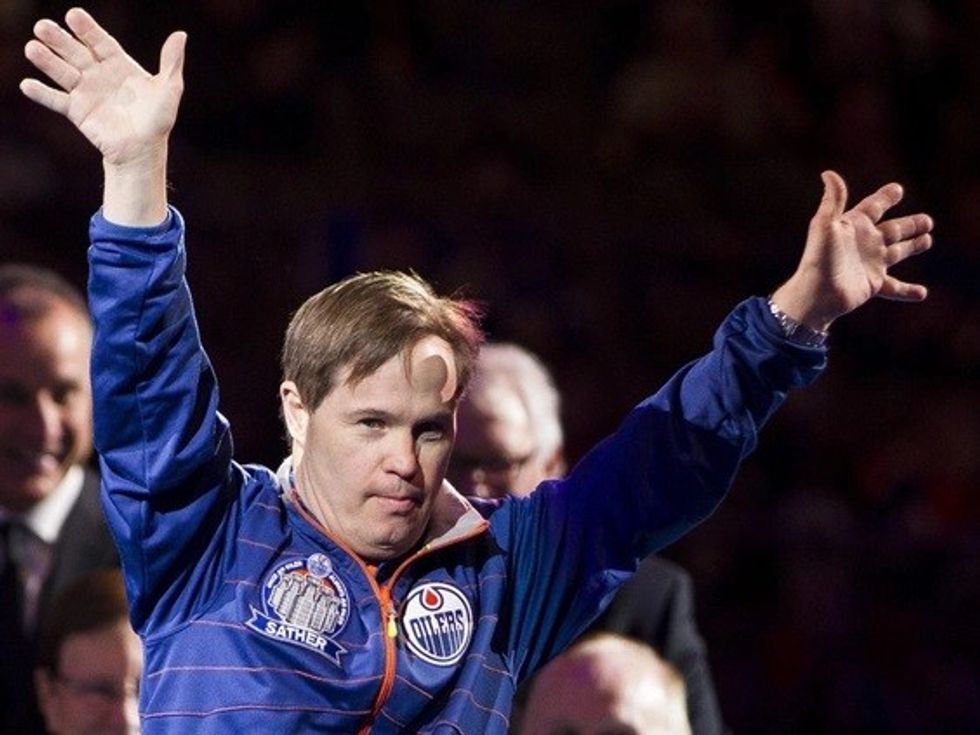
By David Farrell
Jonathan Pie's articulate rant on why Trump will win this election
Is the PM muzzling free speech?
Justin Trudeau failed three times in the last week to say he believes in the Charter of Rights and Freedoms’ guarantee of Freedom of Expression for every Canadian.
With France reeling from terrorist attacks brought about by Islamist extremists supposedly provoked by showing images of the Muslim prophet Mohammed, Quebec-based reporters asked Trudeau about the issue three times. Once before the attack in Nice on Thursday and twice afterward.
On all three occasions, Trudeau failed to give a full-throated defence on freedom of speech, freedom of expression or any variation thereof.
“…We will always defend freedom of expression, but everyone must act respectfully towards others and not try to needlessly or arbitrarily hurt someone we share this planet and society with.” – Brian Lilley, The Sun
Things fall apart in the US — and Canada takes a hard look in the mirror
We assume we're immune to the forces now threatening the American experiment. We shouldn't. – Aaron Wherry, CBC News
Rosalie’s Tower of Power: Choosing the hits, crossing the border
In the history of Motown Records, there are more than a few connections to Canada – and that’s leaving aside the fact that it’s just across the Detroit River.
Singer/songwriter R. Dean Taylor was born in Toronto. Members of Bobby Taylor’s Vancouvers (there’s a giveaway) came from Edmonton, including Tommy Chong. Writer/producer Tom Baird was from Vancouver. Then there’s the time that Rick James spent in Toronto, avoiding the U.S. draft and hanging with local musicians who later comprised the Mynah Birds. Later still, Canadian-born Vanity, Remy Shand and Corneille recorded for Motown. For a while, the company even ran its own subsidiary there, opened in 1974 in Toronto and managed by Ron Newman, dubbed “Captain Fun” by colleagues, and known for an ability to consume liquor while standing on his head.
Still, the single most important Canadian for Motown was a woman not in its employ, but whose position and influence were responsible for the sales of millions of its records – on both sides of the border – during the late 1960s and through the ’70s. Rosalie Trombley was her name. – Adam White
Huge outpouring from sports community for Oilers’ locker room friend Joey Moss
If you’d never paid much attention to sports in Edmonton and never heard of Joey Moss, you’d have found what happened in the first 24 hours after the death of the famed member of both the NHL Oilers and the EE football team to have been staggering beyond belief even to those of us who have chronicled the inspiration impact of the character with Down syndrome for decades. – Terry Jones, Edmonton Sun
Our Back Pages: Boom 97.3 presents–The First Time: Candi of Candi & The Backbeat
Candi remembers The First Time she heard the song on the radio because she couldn't say anything and it was driving her nuts! Of all the places to be when that "special moment" happens, this spot was not the most ideal location.
And here’s the song, Dancing Under A Latin Moon released by I.R.S. Records in 1989
100 years ago, the first commercial radio broadcast announced the results of the 1920 election – politics would never be the same
Only 100 people were listening, but the first broadcast from a licensed radio station occurred at 8 p.m. on Nov. 2, 1920. It was Pittsburgh’s KDKA, and the station was broadcasting the results of that year’s presidential election.
When the man responsible, Frank Conrad, flipped the switch for the first time, he couldn’t have envisioned just how profoundly broadcast media would transform political life. – The Conversation (via Warren Cosford)
Ads will be harder to escape now that posters can hijack FM Radio signals
The electronics on the poster manipulate the FM signals to encode new audio or data as they’re being reflected, without interrupting the original radio broadcasts, which is a violation of FCC regulations. The bounced and modified FM signals coming from the poster actually occupy a nearby, but unused, portion of the FM radio band, so the original broadcasts can still be heard. – Andrew Liszewski, Gizmodo
Australian Richard Burns, the first foreigner to own US radio stations
Frontier Media in February 2017 became the first licensee of a radio station in the U.S. to be 100% foreign-owned. At the time, there was zero opposition to the request, which the FCC granted. Now, Richard Burns is the proud — and successful — the owner of stations in Alaska and along the Texas/Arkansas border.
What’s this Australian’s perspective on ownership, especially given the much-different atmosphere seen today in locales such as Juneau, Alaska, compared to then?
Learn more about how Burns’ ownership of radio stations is “a dream come true” by listening now to this audio podcast report! – Adam Jacobson, Radio + Television News Report
The looming possibility that Big Tech could be liable for 3rd party hate content
If Canada decides to follow the U.S.’s lead on Section 230, Canada would have to consider the FCC taking a more restrictive view of Section 230’s safe harbour protections that would align itself with Conservative U.S. Supreme Court Justice Clarence Thomas’ view that online content providers and platforms should be treated as publishers given their apparent role in internet censorship of fake news.
In his statement in “Malware Bytes vs. Enigma Software,” Thomas indicated his interest in veering to an interpretation of Section 230 that the provider of online content would be considered a publisher, making it liable for that content, as opposed to being a platform or a neutral content provider. – Daniel Tsai, The Star
How to record a podcast remotely and get it right
Remote interviews are a fact of life for every podcaster, and in today’s era of social distancing, more so than ever. Since you rarely get the chance at an interview do-over, nailing down your remote recording workflow is essential. Descript’s digital platform explains how to prepare for and record a remote interview, so you get it right the first time — with some additional tips along the way to make sure all your bases are covered. – Descript.com
The Trumpsters’ argument
There has been talk about killing the filibuster, to pass just about anything with a simple majority, and talk about enlarging the Senate by adding more states, presumably to enable one side to hold a permanent majority. Also on the agenda has been adding more members to the Supreme Court to turn it into a branch of legislative government, eliminating America's historic system of checks and balances. There are also plans to raise taxes on everyone (remember, "You can keep your healthcare"?), abolish fossil fuels and fracking, and establish a Marxist-socialist economy of redistribution to replace a free economy. – Guy Millière, Gatestone Institute
What do foreign correspondents think of the U.S.?
Journalists from around the world are reporting on the 2020 Presidential race—and offering perspectives not found in American media coverage. – The New Yorker YouTube channel
Fox News rules the roost in cable news ranking
Cable news ratings in the US exploded in October across Fox News, CNN and MSNBC as all three networks saw record numbers for the month, with Fox News having the highest-rated month in cable news history, according to Nielsen Media Research.
Fox News led the way with a whopping 4.9 million total viewers in prime time, the highest number in the history of cable news dating back 40 years. MSNBC was second with 2.7 million viewers, followed by CNN with 2.4 million. – The Hill
Below, a snapshot of a single day sweep from Tuesday, Oct. 27
Will covid kill globalization
Covid-19 has been the third major disruption to globalisation within the past twelve years. The pandemic will not kill globalisation off, but it will deepen the cracks. Read more here: – The Economist
Public Debt: how much is too much?
The covid-19 pandemic is set to increase public debt to levels last seen after the second world war. But is rising public debt a cause for concern? New economic thinking suggests perhaps not, at least for now. Further reading: Find The Economist’s most recent coverage of covid-19 here.
Amazon Empire: The Rise and Reign of Jeff Bezos
Jeff Bezos is not only the richest man in the world, he has built a business that is without precedent in the history of American capitalism. His power to shape everything from the future of work to the future of commerce to the future of technology is unrivaled. As politicians and regulators around the world start to consider the global impact of Amazon — and how to rein in Bezos’ power — FRONTLINE investigates how he executed a plan to build one of the most influential economic and cultural forces in the world. –PBS
Nielsen’s novel methodology for crediting earbud listenership in US radio rankings
Nielsen is addressing an ongoing issue of how to measure listening that takes place via headphones or earbuds.
The research company conducted a study of around 1,700-meter carriers in PPM markets to determine how much listening takes place via headphones or earbuds.
Based on their findings, the geniuses behind the fortunes for thousands of broadcasters have decided that all online streaming, app, and smart speaker listening will receive a headphone bonus of 50-70%.
That’s right. They’re guessing (based on their survey) that this will more accurately reflect actual listening through headphones. –Tracy Johnson Media Group
Nielsen Audio to snub non-subscribers in US radio survey reports
As first reported by Streamline Publishing’s Radio Ink, Nielsen Audio starting in 2021 will no longer include non-subscribing radio stations in the ratings reports most commonly used by advertising agencies and media buyers.
For Nielsen Audio, its “Subscriber First” initiative comes as financially wounded Nielsen prepares to split into two companies; its ratings services, including Nielsen Audio, have been the bright spot financially, however, generating much of the profits for the nation’s dominant audience measurement firm. – Adam Jacobson, Radio & Television News Report
Economists struggle to figure out a world that’s unraveled
Once confident in their wisdom as a profession, many economists today admit they are trying desperately to understand the workings of a globalized system they now realize they never really grasped very well. The so-called experts have been continually surprised by the ways in which a tightly knit, fast-paced world economy can produce panics, financial collapses, socially disrupting inequality, a still-mysterious low-interest-rate environment, and, now, a sudden pandemic that has caused continentwide shutdowns. Most of the old models are broken. But there’s little there to replace them. – Michael Hirsch, The Economist


